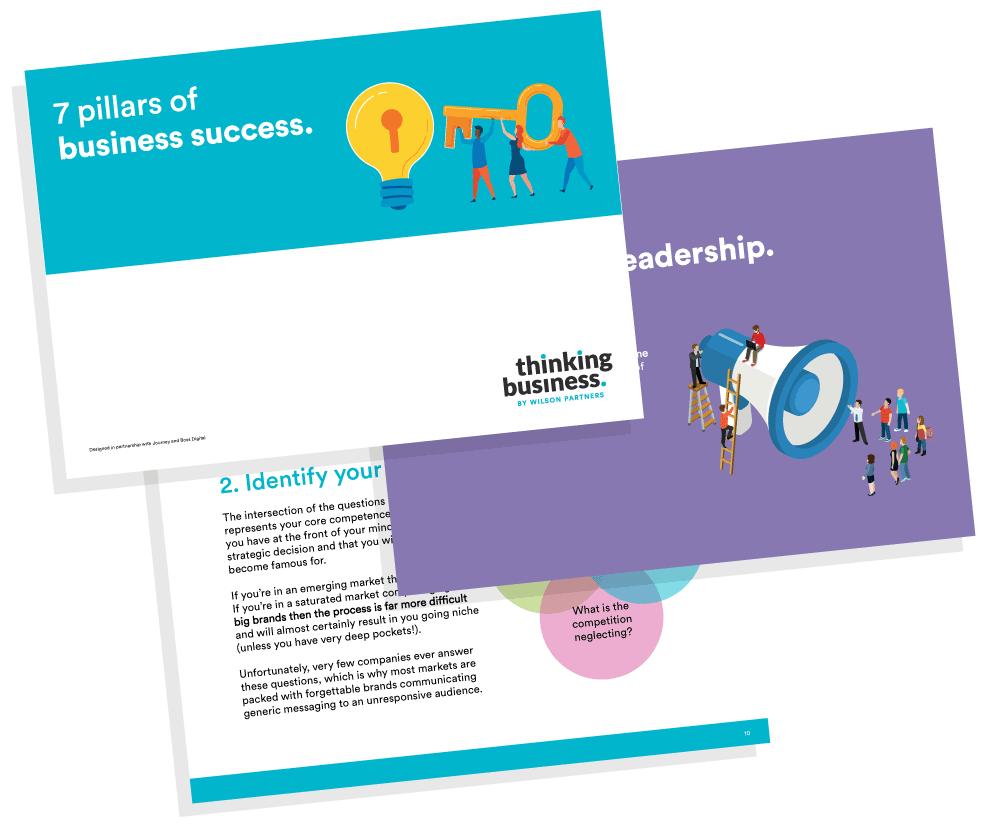
5 reasons why you need regular management reporting
One of the most common questions we get from prospects or clients is, ‘why do I need management reporting’? The answers will differ to some degree based on the business life cycle, cashflow requirements, profitability etc, however I’ve listed 5 reasons why I think you should take the plunge if you haven’t already;
- Reduce your risk!
Many businesses live on the knife edge when it comes to cashflow and with events such as Brexit and the pandemic of late, this is a risky way to run a business, although for some it is a necessity. So what are the main problems?
If gross profit is continually decreasing month on month, you may ask yourself why? Is it because we’re not charging enough? Is it because we’ve forgotten to invoice a large customer (you laugh, but recently I had a client who 9 months later realised they forgot to invoice a job for £50k)? Are we simply missing invoices on our systems, in which suppliers will be chasing us for and we cannot afford to pay late as we are reliant on their service/goods! By having regular reporting, you can identify trends ahead of a catastrophic event. Management reporting will reduce risk in other areas too. If you are not accounting for the likes of deferred income/accruals etc accurately, you may be at risk of trading insolvent without even knowing it. Did you know that as a director, continuing to trade through insolvency can lead to you being personally liable for certain debts, even though you think you are protected by the corporate veil of owning a ‘Limited Company/LLP’?
- Illegal dividends!
It may sound scary, but if you are drawing your money by way of dividends and if you are not accounting for things correctly through the profit and loss, i.e. ensuring you have the available reserves to issue the dividend in the first instance, the reality is, these dividends could be illegal! Scary stuff hey!!? Well yes, but the bigger issue is that it can cause havoc with any tax planning and worse off, you may be left in a position in which you, a) owe money back to the company, as I hear you say, ‘what money?, I’ve spent it!’, or b) you’ve not only missed out on utilising your basic rate band for that tax year, (which is a use it or lose it opportunity you won’t get back). Just to rub salt into the wounds, you may also be required to report these illegal dividends (overdrawn loan account) on a P11d (reporting benefits to HMRC), in which you and the company both have additional tax to pay. Not ideal you see!
- Maximising your value on an exit
Whilst we all have grand plans in our businesses and you may see yourself sailing away into the sunset in 3 years’ time when someone has purchased your business for £10m+, the reality is, without regular reporting in place, the purchase of your company may well be de-valued significantly. Not because you have run the business poorly, but the acquirer may no longer have peace of mind that you and your management team have been monitoring the key business metrics throughout the journey. This can lead to concerns from the acquirer. One we hear over and over being, “well if they aren’t and have never been looking at monthly P+L’s and pro-actively forecasting, how can we trust the accuracy of any projections that they are giving us now?”. It can feel like a time consuming and costly exercise, but you must see it as an investment, in which you will reap dividends (accounting joke) further down the line. I would anticipate that you may also learn a thing or two along the way!
- Pro-active business decisions
Without regular financials, how can you truly run an effective business? It’s like driving a car without a fuel gauge, you simply just don’t know when you are likely to run out of juice! Not only is this dangerous, it can be extremely stressful throughout the journey. One of the largest fears we hear from our prospects is, “I don’t want to let the team down” and/or “I’ll do anything to make payroll this month”. How about running a business knowing months ahead whether you are likely to make payroll? But not only that, if you are likely to struggle, you can actually do something about that now, rather than scramble around to find an additional £3k from outstanding customers or worse, delay payments to suppliers who have been there for you through thick and thin? If you’re running your business and making big strategic decisions based on the numbers you see on your banking app every morning, this could be a sign you are not taking the business seriously enough or truly understanding the potential consequences ahead.
- Spend spend spend!
When I’m working with clients on a regular basis, the discussions can often be positive ones, such as, “wow, you’re making great money. What are you planning on doing with it?”
Too often than not, the answer is, “nothing. I don’t need any more.” The reality is however, your business is an investment vehicle (or at least for most). If funds are sitting in the business and you are not getting a good return on your money, you should think about if/how you can invest this surplus cash more effectively. Maximising your pension contributions each year for example. Or better yet, recruit that Managing Director you always wanted, which will let you kick back, hit the spa or golf course 3 times a week as you’ve always dreamt of doing.
As business owners, the first point of call may be identifying how to make the company more profitable or scalable. This may actually mean spending more money (I know, crazy hey!), in areas such as marketing or additional resource planning in order to accelerate the growth and reap the rewards through dividends (monthly return) and/or capital growth (longer term return).
The reality is, if you sit on cash, making let’s be frank, nothing in interest in a business account, each year you do not invest/spend it, your money is being eroded by inflation and worth less year on year.
By having regular discussions around the numbers, top advisers (and we can introduce you to one if you don’t know already), can assist with not only setting out a plan, but holding you to account to ensure you are making the best financial decisions to help you get one step closer towards your dream house, holiday, work life balance or whatever else success looks like for you!
Event
Webinar – Changes to the UK Trust Registration Service, May ’22
A short webinar and Q&A session with our Trust specialists Jodie Green and Sara Pedrotti. You can view the video and download the presentation here.

Download our free guide to the 7 pillars of business success
Read our free guide what you need to focus on to help you make better decisions and achieve your goals quicker.
Please complete our form to download the guide.
Sign up to receive alerts
Call us on 01628 770 770 for a no-obligation chat
You may also be interested in...
Seeking investment: Getting your business fit for investment
Get your house in order before seeking finance, and you may not need it! Before looking for capital from external sources, it is paramount to ensure…
Meet the team in 90 seconds – Tom Bradbury
Introduce yourself Hi, I'm Tom and I am a Director in the Corporate Finance Team here at Wilson Partners. I started my career and did my training…
Inheritance Tax: Let’s get organised
Let’s face it, none of us want to think about when we’re going to die, let alone talk about it, or consider if there’s going to be a tax bill waiting…




